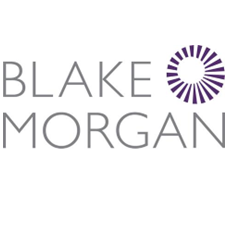For years, studies have shown that flexible working boosts productivity and retention. The famous Stanford Experiment (2013) revealed a 13% productivity increase among home workers and a 50% drop in attrition, saving businesses thousands per employee. For law firms, embracing flexibility isn’t just a perk, it’s a strategic advantage.
Flexible Working in Law Firms: A Win-Win for Employers and Lawyers

Why Flexible Working Matters
Remote and agile working eliminates long commutes, empowers autonomy, and fosters trust. The result? Higher efficiency, stronger loyalty, and improved well-being. In today’s candidate-short market, flexibility is no longer optional, it’s a key differentiator for attracting and retaining top talent.
Is the Legal Sector Truly Embracing Flexibility?
While many firms claim to support flexible working, the reality can differ. The best firms normalise flexibility through action, not just policy. Senior partners lead by example, creating cultures where lawyers don’t feel guilty for working remotely or adjusting hours. This shift away from presenteeism benefits both productivity and mental health.
The Risks of Lip Service
Unfortunately, some firms still view flexible working as “shirking from home.” Lawyers often feel pressured to maintain a 24/7 work persona, hiding personal responsibilities to progress. This outdated mindset harms well-being and risks reputational damage, especially as mental health awareness grows.
The Future: Agile Working Cultures
Technology, the gig economy, and talent shortages are driving change. Forward-thinking firms are moving beyond rigid policies, adopting creative working patterns, contingent staffing and agile frameworks. Flexibility is becoming a cornerstone of modern legal practice.
Tips for Lawyers Seeking Flexible Roles
- Do your research: Check if flexibility is genuinely supported in the team you’re applying to.
- Know your worth: High-demand skills give you leverage in negotiations.
Show success: Share examples of how you’ve delivered results while working flexibly. - Don’t lead with flexibility: Position it as one factor among career growth, quality of work, and firm culture.
Partner with Experts
At Chadwick Nott, we have strong relationships with leading law firms across the UK. If you want advice on flexible working or finding roles that fit your lifestyle, contact us for a confidential discussion.















